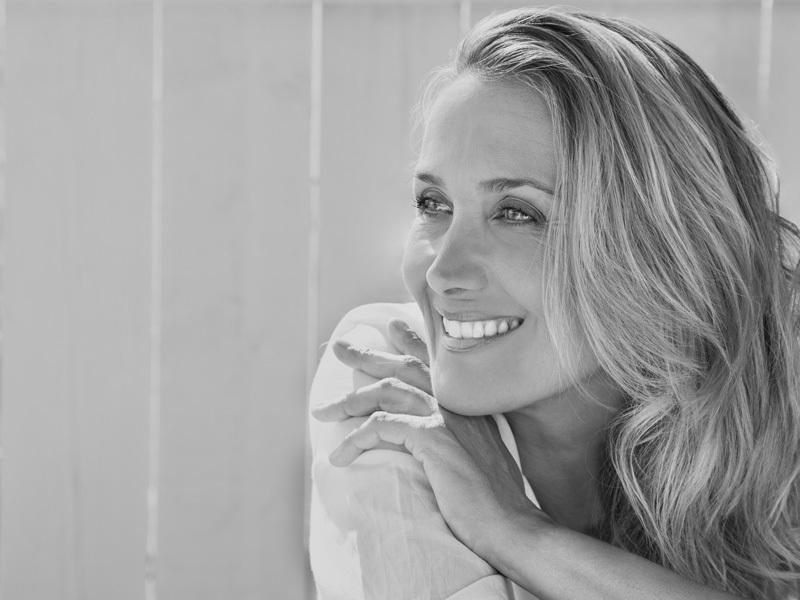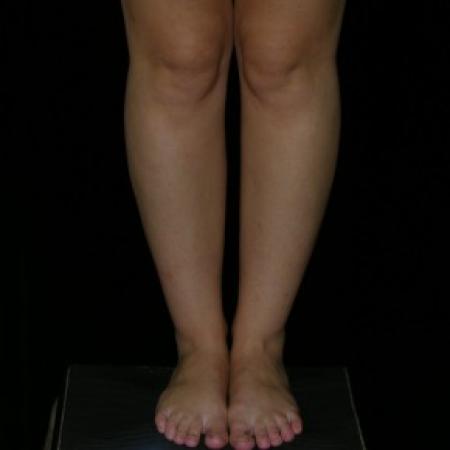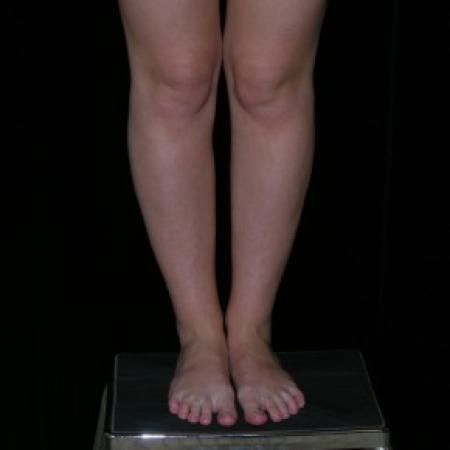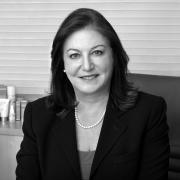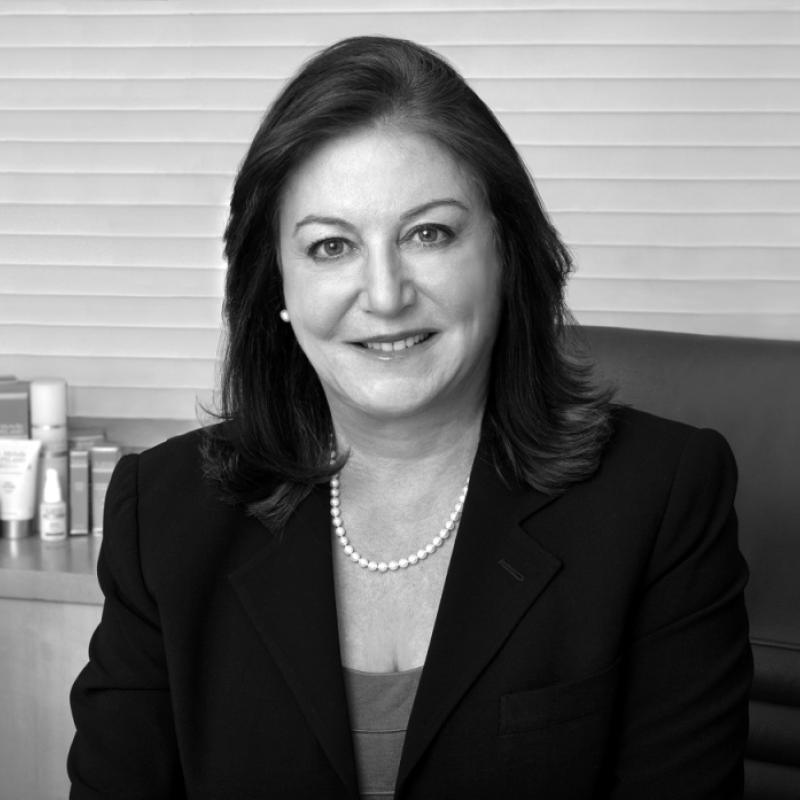
About Michelle Copeland, MD, FACS
Introduction
Plastic surgery is easier, safer and more common than ever before. Through both surgical and nonsurgical procedures (such as liquid facelifts), New York plastic surgeon Dr. Copeland can help you subtly change your looks in ways that will make you happier with your appearance and give you more confidence in both personal and professional settings. Drawing on more than two decades’ surgical experience, Dr. Copeland will make sure she understands what you are trying to achieve—and that you understand everything you can about the choice you are making. A successful outcome involves not only your looks, but also your comfort and good health going forward. Dr. Copeland is a Harvard-trained plastic surgeon, biochemist, best-selling author and creator of an extraordinarily effective line of skin care products.
Professional Background
Michelle Copeland, D.M.D., M.D., is a plastic and reconstructive surgeon and Assistant Professor of Surgery at the Mount Sinai School of Medicine. Upon graduating first in her class at Harvard University, she became the first female plastic surgeon in the United States to hold combined doctorates in dentistry and medicine. Dr. Copeland is a Fellow of the American College of Surgeons and a member of The Aesthetic Society, the American Society of Plastic Surgery and Reconstructive Surgery, and the American College of Maxillofacial Surgeons, and maintains an active clinical practice on Fifth Avenue in Manhattan.
Dr Copeland serves on the Medical Health Advisory Board of the Society for the Advancement of Women’s Health Research, advising Congress on health issues affecting women. She has been profiled in The New York Times, Vanity Fair, and on the NBC Today Show, The View and Good Morning America, and is sought after for reliable information by many national publications and broadcast media. Her pioneering techniques for enhanced facial rejuvenation of aging skin have been presented at scientific congresses around the globe and form the basis for her line of Dr. Michelle Copeland Skin Care® products, available to the consumer. She is the author of Change Your Looks, Change Your Life, a comprehensive guide to “quick fixes” and cosmetic surgery solutions for looking younger, feeling healthier, and living better, and The Beautiful Skin Workout.
Dr Copeland serves on the Medical Health Advisory Board of the Society for the Advancement of Women’s Health Research, advising Congress on health issues affecting women. She has been profiled in The New York Times, Vanity Fair, and on the NBC Today Show, The View and Good Morning America, and is sought after for reliable information by many national publications and broadcast media. Her pioneering techniques for enhanced facial rejuvenation of aging skin have been presented at scientific congresses around the globe and form the basis for her line of Dr. Michelle Copeland Skin Care® products, available to the consumer. She is the author of Change Your Looks, Change Your Life, a comprehensive guide to “quick fixes” and cosmetic surgery solutions for looking younger, feeling healthier, and living better, and The Beautiful Skin Workout.
Education & Training
B.A.: New York University
D.M.D., magna cum laude
Harvard School of Dental Medicine
M.D.: Harvard Medical School
Clinical and Research Fellowship in Maxillofacial Surgery: Massachusetts General Hospital
Residencies in General Surgery: New York Hospital/Cornell Medical Center and The Mount Sinai Medical Center
Fellowship in Plastic and Reconstructive Surgery: State University of New York—Downstate Medical Center
D.M.D., magna cum laude
Harvard School of Dental Medicine
M.D.: Harvard Medical School
Clinical and Research Fellowship in Maxillofacial Surgery: Massachusetts General Hospital
Residencies in General Surgery: New York Hospital/Cornell Medical Center and The Mount Sinai Medical Center
Fellowship in Plastic and Reconstructive Surgery: State University of New York—Downstate Medical Center
Locations
Questions Answered
Additional Information
Gender
Female
Board Certifications
Board Certifications
American Board Of Plastic Surgery (ABPS)
Other Certification: Dentistry
Other Certification: Dentistry
Society Memberships
Society Memberships
The Aesthetic Society
American Association for Accreditation of Ambulatory Surgery Facilities (AAAASF)
American Medical Association (AMA)
American Medical Women's Association (AMWA)
American Society for Laser Medicine and Surgery (ASLMS)
American Society of Plastic Surgeons (ASPS)
Association of Women Surgeons (AWS)
Fellow, American College of Surgeons (FACS)
New York Regional Society of Plastic Surgeons (NYRSPS)
New York Surgical Society (NYSS)
Northeastern Society of Plastic Surgeons (NESPS)
Omicron Kappa Upsilon National Dental Honor Society (OKU)
The American Society of Maxillofacial Surgeons (ASMS)
American Association for Accreditation of Ambulatory Surgery Facilities (AAAASF)
American Medical Association (AMA)
American Medical Women's Association (AMWA)
American Society for Laser Medicine and Surgery (ASLMS)
American Society of Plastic Surgeons (ASPS)
Association of Women Surgeons (AWS)
Fellow, American College of Surgeons (FACS)
New York Regional Society of Plastic Surgeons (NYRSPS)
New York Surgical Society (NYSS)
Northeastern Society of Plastic Surgeons (NESPS)
Omicron Kappa Upsilon National Dental Honor Society (OKU)
The American Society of Maxillofacial Surgeons (ASMS)
Hospital Affiliation(s)
Hospital Affiliation(s)
Mount Sinai Medical Center
Surgical Facilities
Surgical Facilities
State-of-the-art operating & recovery suite accredited by the AAAASF
Contact

